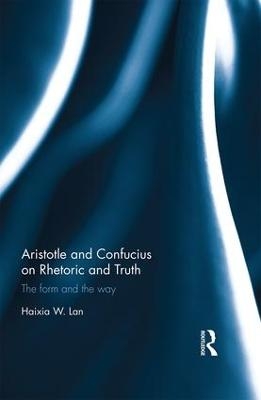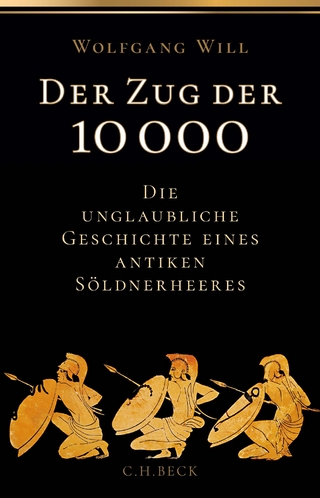
Aristotle and Confucius on Rhetoric and Truth
Routledge (Verlag)
978-1-4724-8736-0 (ISBN)
Haixia W. Lan received her PhD in English from Purdue University with an emphasis on Rhetoric and Composition and Literary Theory. She works at the University of Wisconsin-La Crosse, teaching writing as a process of learning; theories of rhetorical invention; the grammar, politics, ethics of style; and comparative rhetoric. Her research is in all of these areas, and she is the academic director of 2+2 English degree program.
Introduction: Living the Form and Knowing the Way
Similarities and Differences Rhetoric and the Other Rhetoric and Truth Rhetoric and Sophistry A Twofold Argument Translations of Works by Aristotle and Confucius
Chapter One: Aristotle and Rhetorical Invention: A Legacy of Probable Inquiry
Episteme and Techne Sophistical Reasoning Dialectical Reasoning Both Sophistical and Dialectical Reasoning Classical Rhetoric Rhetorical Invention Today Conclusions
Chapter Two: Interpreting the Analects: The Need to Address Rhetorical Invention
Confucius and Rhetoric
Confucius as a Rhetorician Confucius on Rhetorical Invention
Studies of Confucius’ Analects
Religious and Philosophical Interpretations Literary Interpretations Rhetorical Interpretations
Two Approaches Difficulties with Focusing Exclusively on Differences Importance of Studying Differences within Cultures
Conclusions
Chapter Three: Rhetorical Probability: Form, Eikos, Tianming, and Rendao
Form and Eikos in Aristotle:
Truth, Form, and Logos Form, Logos, and Nous Form, Logos and Pa
| Erscheinungsdatum | 12.05.2017 |
|---|---|
| Zusatzinfo | 3 Tables, black and white |
| Verlagsort | London |
| Sprache | englisch |
| Maße | 156 x 234 mm |
| Gewicht | 453 g |
| Themenwelt | Geschichte ► Allgemeine Geschichte ► Altertum / Antike |
| Geisteswissenschaften ► Geschichte ► Regional- / Ländergeschichte | |
| Geisteswissenschaften ► Philosophie ► Östliche Philosophie | |
| Geisteswissenschaften ► Philosophie ► Philosophie Altertum / Antike | |
| ISBN-10 | 1-4724-8736-2 / 1472487362 |
| ISBN-13 | 978-1-4724-8736-0 / 9781472487360 |
| Zustand | Neuware |
| Haben Sie eine Frage zum Produkt? |
aus dem Bereich


